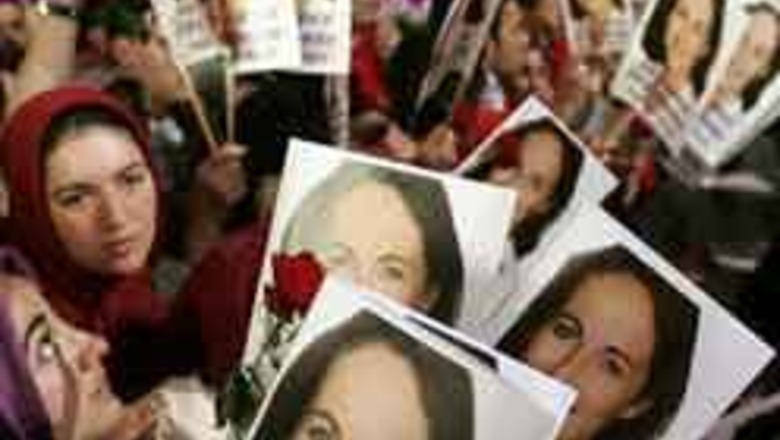
views
Paris: Presidential front-runner Nicolas Sarkozy said months of campaigning have made him think of France as a person. Rival Segolene Royal called herself a free woman and said victory was within reach.
Both held their last big rallies Thursday ahead of Sunday's vote that will elect one of them as France's new leader, rallying voters in opposite ends of the country - Royal in the north, Sarkozy in the south.
A day earlier, they passed their final big hurdle, their only prime time TV debate of the race. With Sarkozy, the conservative, more pro-market candidate, in a clear lead, the debate was Socialist Royal's last chance to convince undecided voters that her recipe for France's problems - more state aid and social protections - is the right course, and that she should become the first woman president of France.
She went on the offensive, criticizing Sarkozy's record as former interior minister, repeatedly interrupting him and revealing a rarely seen angry side of a candidate known for smiles and optimism.
Some voters admired that fighting spirit, while others felt she went too far.
A survey published Thursday by the Opinionway agency said 53 per cent of those polled after the debate found Sarkozy the most convincing, while 31 per cent preferred Royal. It suggested the debate only slightly affected voters' opinions.
But the survey was Internet-based and did not take into account the large segment of the population without Internet access. The Socialist Party said the poll was biased and that it would take the issue to the national polling commission.
The debate drew more than 20 million viewers, showing how impassioned France's 44.5 million registered voters are about this election.
In comparison, a 1995 debate between conservative Jacques Chirac and Socialist Lionel Jospin drew 17 million viewers. During the 2002 election, there was no debate because Chirac refused to sit down with his opponent in the runoff, far-right nationalist Jean-Marie Le Pen.
''I didn't like Segolene's fit of anger,'' said Caroline Leva, a 48-year-old Sarkozy supporter. ''One doesn't do that, and Mr. Sarkozy didn't say anything at all to warrant this type of anger.''
On Thursday night, both Sarkozy and Royal urged their supporters to make a final push before Sunday.
''The victory that we want so much, that we desire so much for France, that victory is at hand,'' Royal told some 25,000 supporters in Lille in the north. She urged voters to cast their ballot for a woman, calling it ''the audacious choice.''
PAGE_BREAK
''Women's time has come,'' she said. ''Dare!''
At his rally in Montpellier, in the south, Sarkozy spoke of his love for France, saying he had come to think of France as a person: ''I campaigned only for her.'' Supporters interrupted him with cries of ''We will win!''
Earlier Thursday, Sarkozy complained that he found Royal too combative in the TV debate.
''I think she was trying to be pugnacious but at times she was too aggressive,'' he said in an interview on France-3 television. He said she had got her numbers wrong during a heated exchange about handicapped children.
Royal, a former environment minister, defended her tough style, telling France-Inter radio, ''You can never go too much on the offensive when it comes to defending convictions and values.''
Sarkozy was generally polite in the debate, referring to Royal as ''Madame.'' But he did take a few sarcastic jabs.
''You become unhinged very easily, Madame,'' said Sarkozy. ''To be president of the republic, one must be calm. ... I don't know why Mrs. Royal, who's usually calm, has lost her cool.''
The Socialist has sought to portray her conservative rival as too unstable and too brutal to lead France. Sarkozy's camp, meanwhile, says Royal's ideas are fuzzy and that she does not have enough experience.
Centrist leader Francois Bayrou, who finished a strong third place in the first round of voting April 22 and whose nearly 7 million middle-ground voters are crucial to Sunday's outcome, said after the debate that he wouldn't vote for Sarkozy.
Bayrou did not say whether he would vote for Royal or abstain in the runoff, but he told Le Monde newspaper that Royal did ''pretty well'' in the debate. Bayrou's voters are split between the two candidates.
Bruno Mees, a 61-year-old who voted for Bayrou last month, said he remained undecided between the remaining candidates.
''Sarkozy was a bit macho, and when he said 'you're losing your cool,' it wasn't very elegant,'' Mees said.
Royal, meanwhile, was ''very much on the left yesterday, in her discourse and her formulas,'' Mees said. ''I don't think she'll attract many centrist voters like that.''
In the April 22 first round vote, Sarkozy won 31.2 percent and Royal had 25.9 percent, with 10 rival candidates across the political spectrum knocked out of the race.












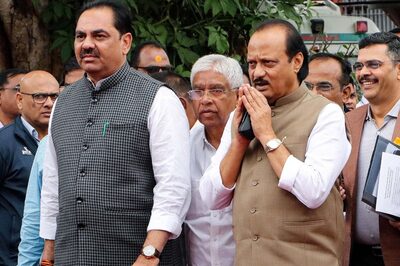

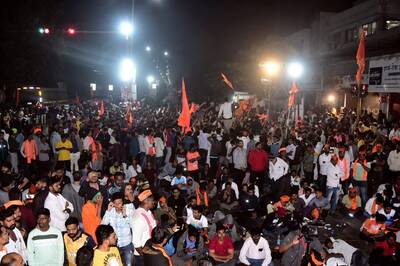

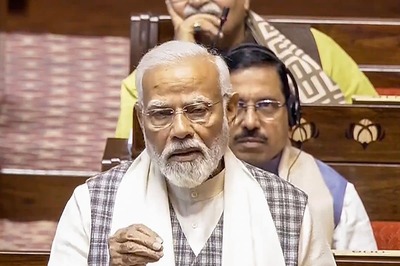
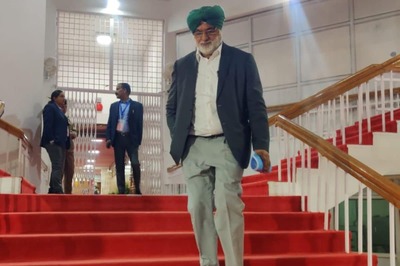

Comments
0 comment